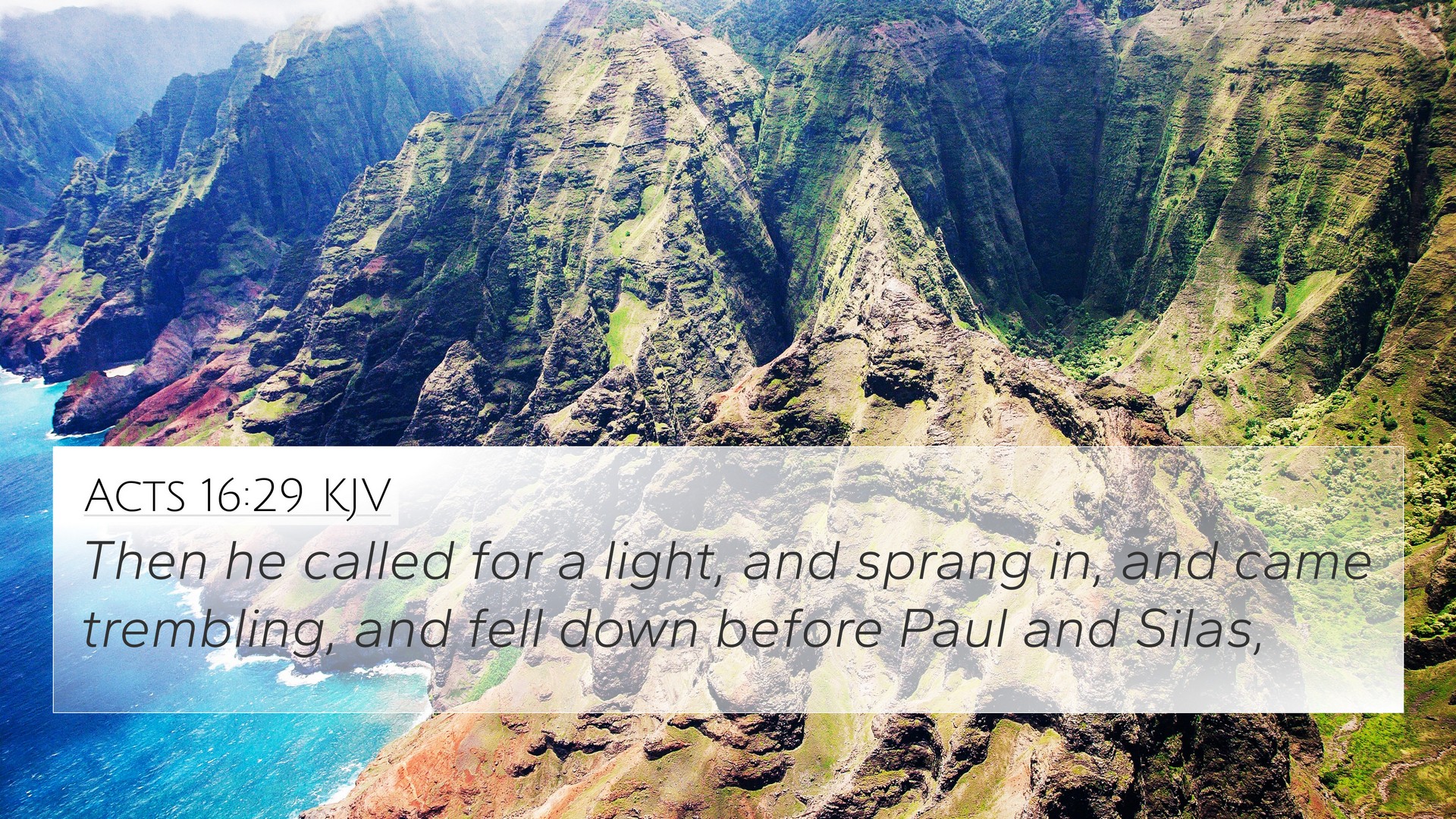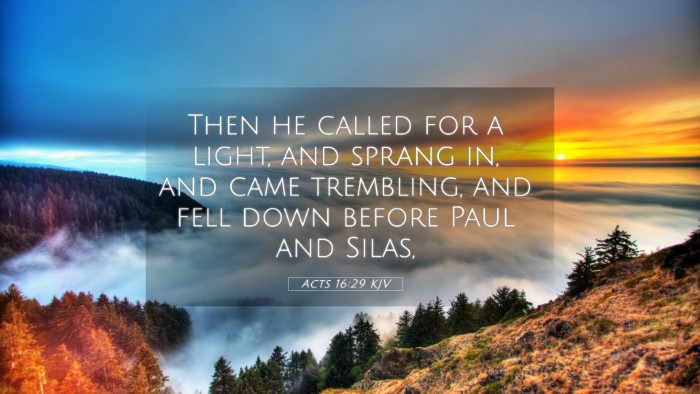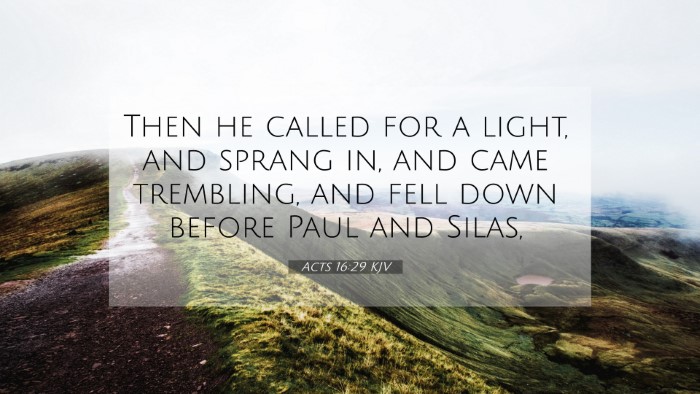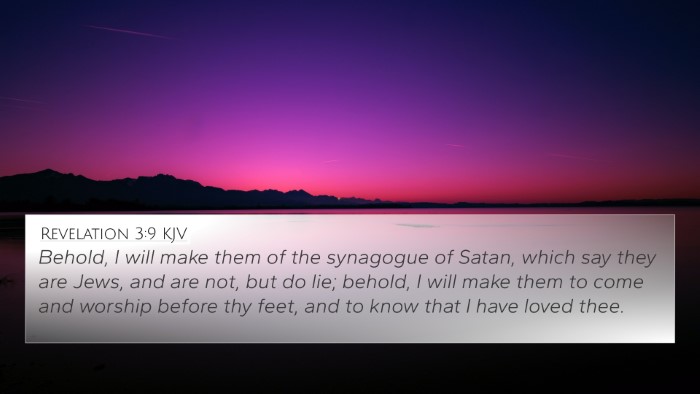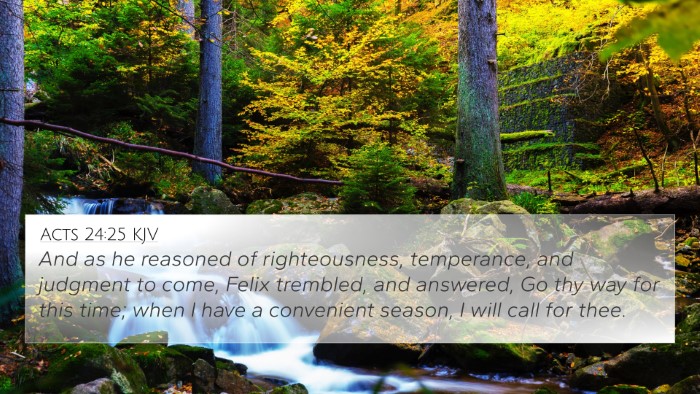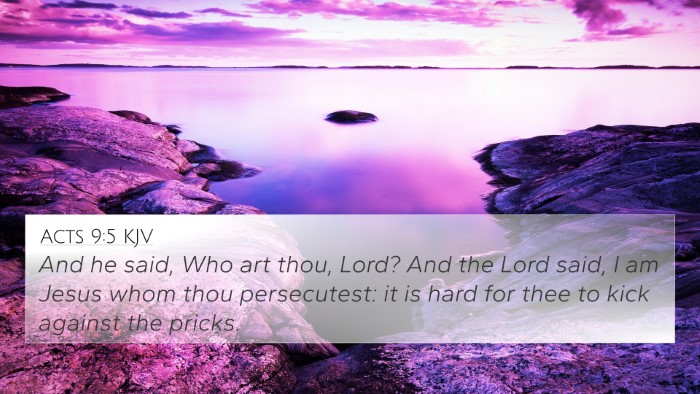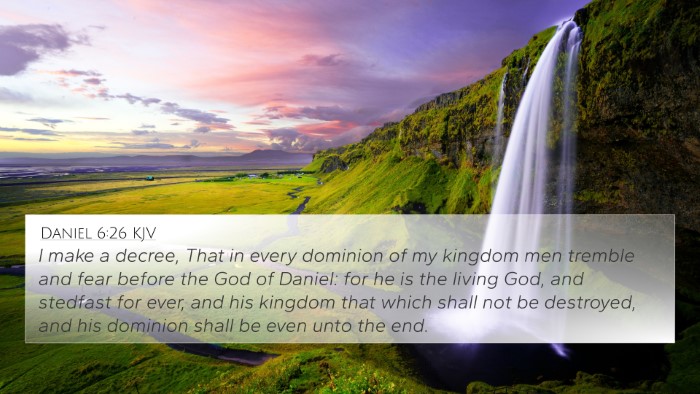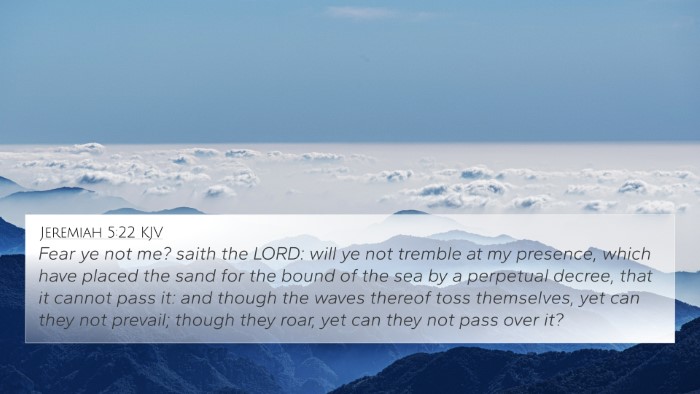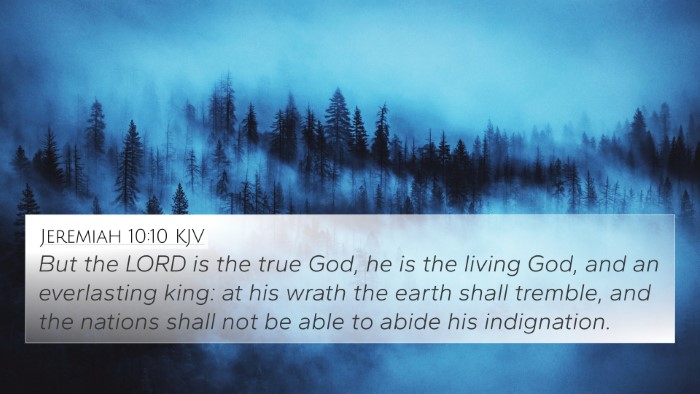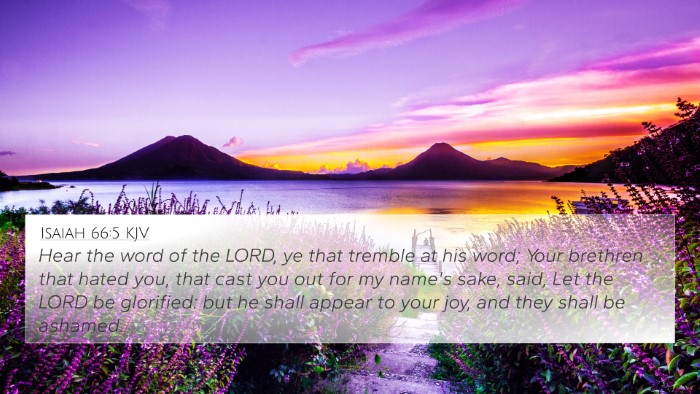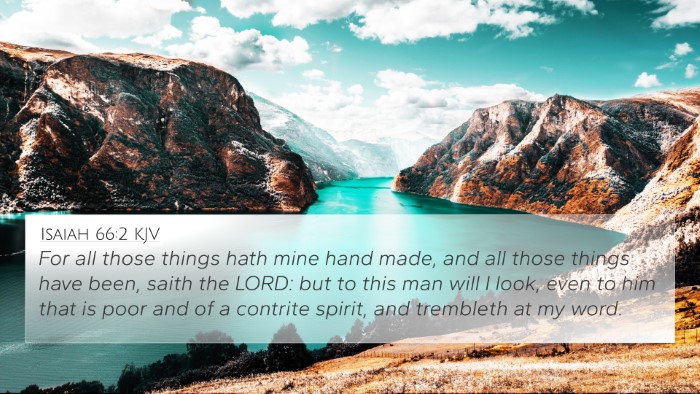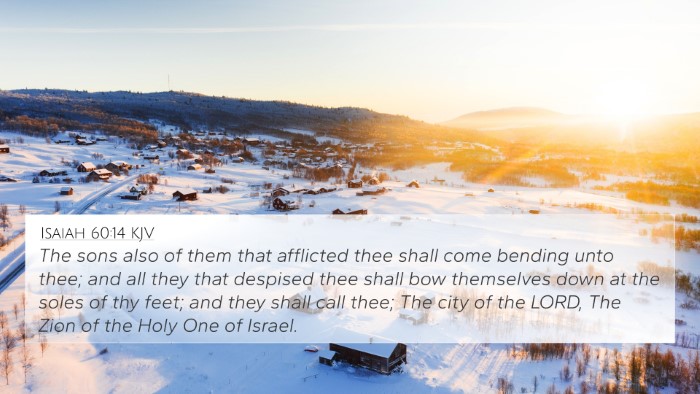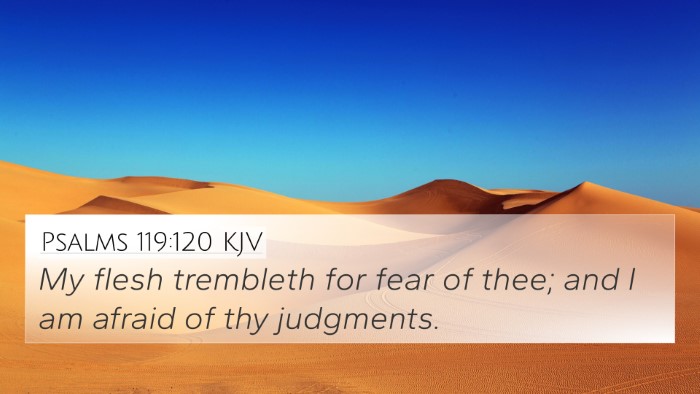Understanding Acts 16:29
Verse: Acts 16:29 - “And he called for a light, and sprang in, and came trembling, and fell down before Paul and Silas.”
Contextual Overview
This verse occurs after a miraculous earthquake that frees Paul and Silas from prison. The jailer, realizing the gravity of the situation, is overwhelmed and seeks guidance, recognizing the power of God manifest in their lives.
Commentary Insights
-
Matthew Henry:
Henry emphasizes the jailer’s fear and subsequent humility as he encounters the divine presence through Paul and Silas. His actions signify the beginning of a profound spiritual awakening and the acknowledgement of the truth in their testimony.
-
Albert Barnes:
Barnes notes the jailer’s desperate call for light as a metaphor for his search for truth and redemption. The trembling reflects not just physical fear but a deep spiritual realization of God’s sovereignty and mercy.
-
Adam Clarke:
Clarke comments on the jailer's instinctual response to fall before Paul and Silas, recognizing their authority and the divine nature of their mission. This act illustrates the humility necessary for genuine repentance and belief.
Thematic Connections
Acts 16:29 holds significant thematic connections across the Scripture:
- Recognizing divine authority (Luke 5:8)
- The call for salvation (Romans 10:9)
- The power of God’s presence (Hebrews 12:21)
- Humility before God (James 4:10)
- Fear of the Lord leading to wisdom (Proverbs 1:7)
- Repentance and faith (Acts 3:19)
- Transformed lives through Christ's power (2 Corinthians 5:17)
Bible Verse Cross-References
When exploring bible verse cross-references, Acts 16:29 connects well with other scriptures. Here are some pertinent connections:
- Luke 23:47: The centurion realizing Jesus’ innocence emphasizes the power and fear of God.
- Matthew 27:54: Similar to the jailer, the soldiers recognize the presence of God after the earthquake.
- 1 Corinthians 2:3-5: Paul’s own acknowledgment of weakness and reliance on God’s power reflects in the jailer's reaction.
- Philippians 2:10-11: Every knee shall bow highlights the necessity of submission to divine authority.
- Revelation 1:17: John falls at the feet of Christ in worship, paralleling the jailer's fear and respect.
- Psalm 34:4: The experience of seeking God in fear, shedding light on the jailer's urgency.
- Isaiah 45:23: Every knee shall bow signifies the ultimate recognition of God’s power.
Insights on Humility and Transformation
The jailer's trembling response and act of falling demonstrate the biblical principle that true transformation begins with humility. Through the fear of the Lord, we are led to a place of repentance.
- James 4:10: “Humble yourselves before the Lord, and he will lift you up.”
- Proverbs 22:4: “Humility is the fear of the Lord; its wages are riches and honor and life.”
Practical Applications
For those engaged in cross-referencing Biblical texts or seeking deeper understanding, Acts 16:29 serves as a powerful reminder of the journey from fear to faith. It encourages believers to:
- Seek divine illumination in times of distress.
- Embrace humility as the pathway to spiritual authority.
- Recognize that God’s power can transform the darkest situations.
Conclusion
Acts 16:29 encapsulates a pivotal moment of conversion marked by fear, humility, and divine recognition. By examining this verse in light of related scriptures, one can appreciate the profound connections and the overarching themes of salvation and submission encapsulated in the Christian faith.
Further Study Suggestions
For those interested in exploring more about cross-referencing Bible study methods, consider the following resources:
- Bible concordances for identifying thematic connections
- Bible cross-reference guides for a structured approach
- Tools for in-depth studies on Pauline epistles and Old to New Testament connections
